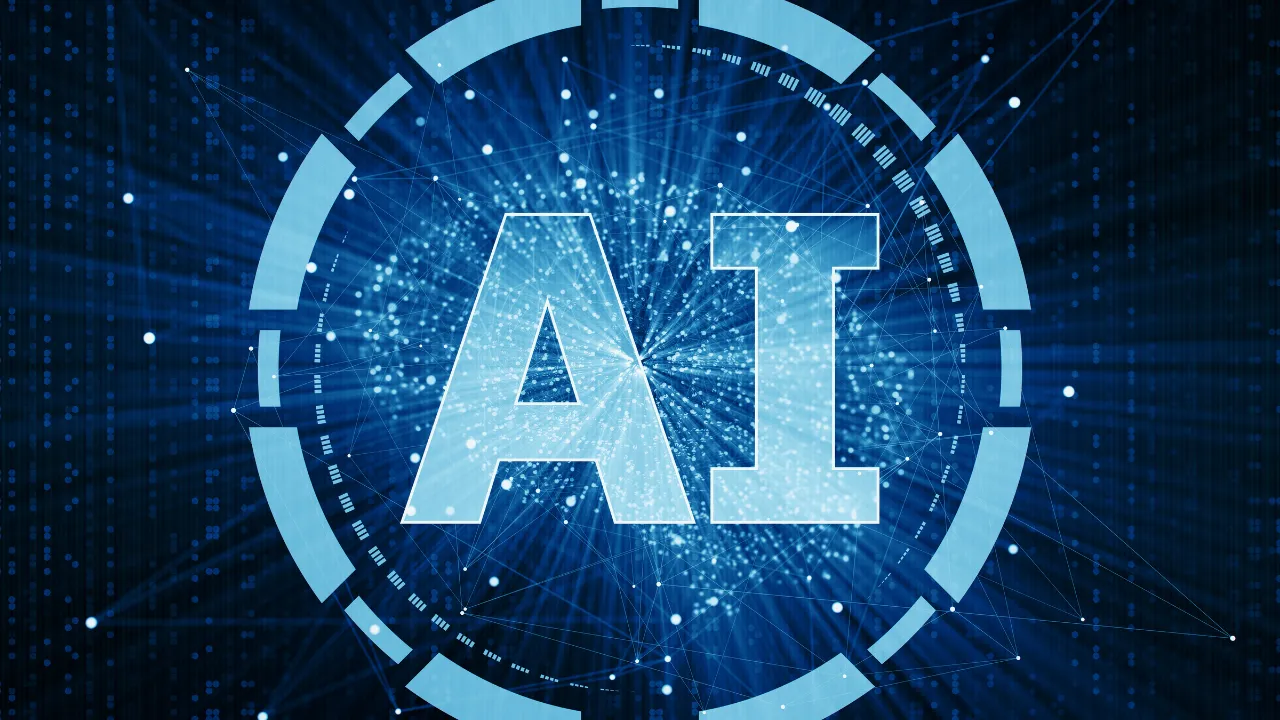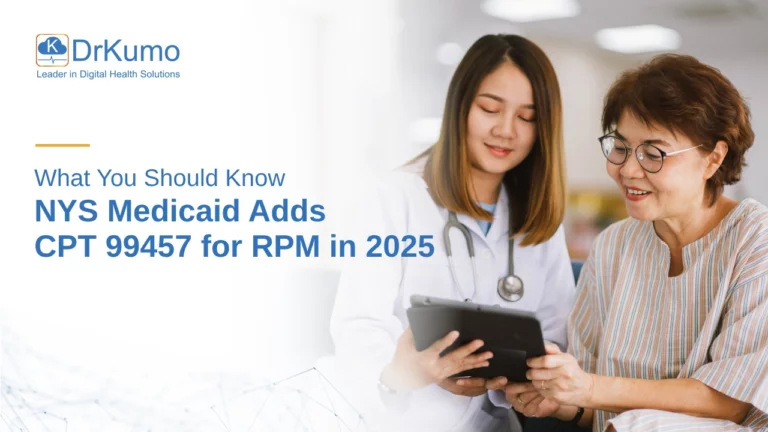Artificial Intelligence (AI) has progressed from an emerging concept to an essential component of modern healthcare systems. By 2025, AI technologies are increasingly integrated into clinical and administrative workflows to support diagnostic accuracy, streamline operations, and enhance patient engagement. The focus is clear: automation that saves time, improves accuracy, and saves lives.
In this article, we examine the latest advancements in AI in healthcare, explore practical use cases, and highlight how automation is transforming clinical workflows, patient care, and healthcare economics.
The State of AI in Healthcare in 2025
By 2025, AI will have moved from pilot projects to enterprise-scale adoption. Hospitals, clinics, and digital health providers are deploying AI-powered systems to enhance efficiency, reduce administrative burden, and support clinical decision-making.
Key driving forces include:
- Workforce shortages: AI devices are filling critical gaps by automating tasks.
- Rising healthcare costs: Automation reduces inefficiencies and prevents unnecessary hospitalizations.
- Demand for personalized medicine: Predictive analytics enable treatments tailored to individual patients.
- Advances in computing power: Cloud-based AI systems now support real-time clinical decision-making.
AI for Clinical Decision Support
AI-enabled Clinical Decision Support (CDS) is one of the most significant breakthroughs. These systems analyze Electronic Health Records (EHRs), medical imaging, lab results, and patient histories to provide clinicians with real-time insights.
Examples include:
- Early disease detection: AI algorithms now outperform radiologists in identifying lung nodules, breast cancer, and cardiovascular abnormalities.
- Treatment optimization: Machine learning recommends personalized treatment pathways based on genetic, lifestyle, and environmental data.
- Risk stratification: Predictive models flag high-risk patients, helping providers prioritize interventions.
The result: faster diagnoses, reduced human error, and improved patient outcomes.
Automation in Administrative Workflows
According to a 2024 study, healthcare professionals spend up to 30% to 40% of their time on administrative tasks. In 2025, AI is taking over repetitive, time-consuming processes such as:
- Medical coding and billing: Natural Language Processing (NLP) extracts data from physician notes to generate accurate billing codes.
- Prior authorization: AI systems automate approvals, significantly reducing delays in patient care.
- Scheduling optimization: Predictive AI reduces no-shows and ensures efficient patient flow.
- Virtual assistants: AI chatbots handle patient queries, appointment reminders, and follow-up instructions.
This shift allows providers to spend more time on direct patient care and less on paperwork.
AI in Medical Imaging and Diagnostics
Medical imaging has become a cornerstone of AI innovation. Deep learning algorithms analyze X-rays, CT scans, and MRIs with precision that rivals and often surpasses that of human experts.
- Radiology AI: Devices like FDA-approved imaging platforms assist radiologists by detecting subtle abnormalities.
- Pathology automation: AI scans biopsy slides, identifying cancerous cells faster than manual review.
- Remote diagnostics: Cloud-based imaging AI supports telehealth, enabling rural and underserved communities to access specialized care.
The integration of AI in diagnostics has resulted in earlier interventions and reduced mortality rates.
AI-Powered Remote Patient Monitoring (RPM)
The surge in telehealth and Remote Patient Monitoring (RPM) has accelerated AI adoption in chronic disease management.
AI enables:
- Continuous monitoring: Wearables monitor heart rate, oxygen saturation, glucose levels, and more.
- Anomaly detection: AI notifies providers of early warning signs of deterioration.
- Patient engagement: Virtual health coaches powered by AI encourage adherence to medications and lifestyle changes.
By integrating RPM with AI, healthcare providers achieve proactive care delivery, intervening before emergencies occur.
AI in Drug Discovery and Development
Traditional drug development is costly and time-consuming. AI has revolutionized the pharmaceutical industry by:
- Predicting drug-target interactions
- Identifying repurposing opportunities for existing drugs
- Accelerating clinical trial design using synthetic patient data
- Modeling side effects to improve safety profiles
In 2025, leading biotech companies will use AI to bring drugs to market in a fraction of the time and cost compared to traditional methods.
Ethical and Regulatory Considerations
While AI presents extraordinary benefits, challenges remain in ethics, transparency, and regulation.
Key issues include:
- Data privacy and security: Ensuring HIPAA-compliant AI use.
- Algorithmic bias: Avoiding disparities caused by skewed training datasets.
- Explainability: Clinicians must understand AI recommendations to build trust.
- Regulatory oversight: Agencies like the FDA are implementing frameworks for AI validation and approval.
Responsible deployment is essential to maximize benefits while minimizing risks.
AI and the Future Healthcare Workforce
Rather than replacing clinicians, AI is augmenting human expertise. In 2025, we see:
- Physicians as supervisors of AI systems, making final decisions.
- Nurses are using AI assistants to monitor patient vitals and coordinate care.
- Medical students are learning AI literacy as part of their training.
The human-AI collaboration model ensures that technology enhances, not replaces, the compassionate side of healthcare.
The Economic Impact of AI in Healthcare
AI’s adoption is projected to generate billions in savings annually through:
- Reduced hospital readmissions
- Optimized supply chain management
- Fraud detection in claims processing
- Improved patient outcomes, lowering long-term costs
Health systems that embrace AI automation are already experiencing higher efficiency, better margins, and enhanced patient satisfaction.
DrKumo: Intelligent Automation for Smarter, Faster Care
The hype surrounding AI in healthcare is being replaced by practical, life-saving applications. DrKumo is at the forefront of this evolution, offering digital health solutions that leverage AI and machine learning to automate time-consuming tasks. By integrating DrKumo’s platform, providers can streamline workflows, from patient intake to data analysis, freeing up valuable time to focus on what matters most: direct patient care.
Our AI-driven devices help you turn vast amounts of patient data into actionable insights, enabling earlier intervention and better health outcomes. With DrKumo, the future of healthcare isn’t just about technology; it’s about intelligent automation that saves time and lives.
Takeaways
In 2025, AI in healthcare is no longer about hype; it is about real-world automation that saves time, improves accuracy, and saves lives. From clinical decision support to administrative automation, from drug discovery to remote monitoring, AI is shaping a future where healthcare is more efficient, accessible, and personalized than ever before.
Organizations that embrace AI-driven automation now are not just adapting to change; they are leading a transformation that will define the next era of medicine.
Ready to leverage AI to save time and lives? Explore how DrKumo’s intelligent automation can transform your practice. Contact us today!
Disclaimer: The information presented in this article is for informational purposes only. DrKumo’s AI-powered solutions are designed to assist healthcare providers in data analysis and workflow management and should not be used as a substitute for professional medical advice, diagnosis, or treatment. All clinical decisions remain the sole responsibility of the healthcare provider.








